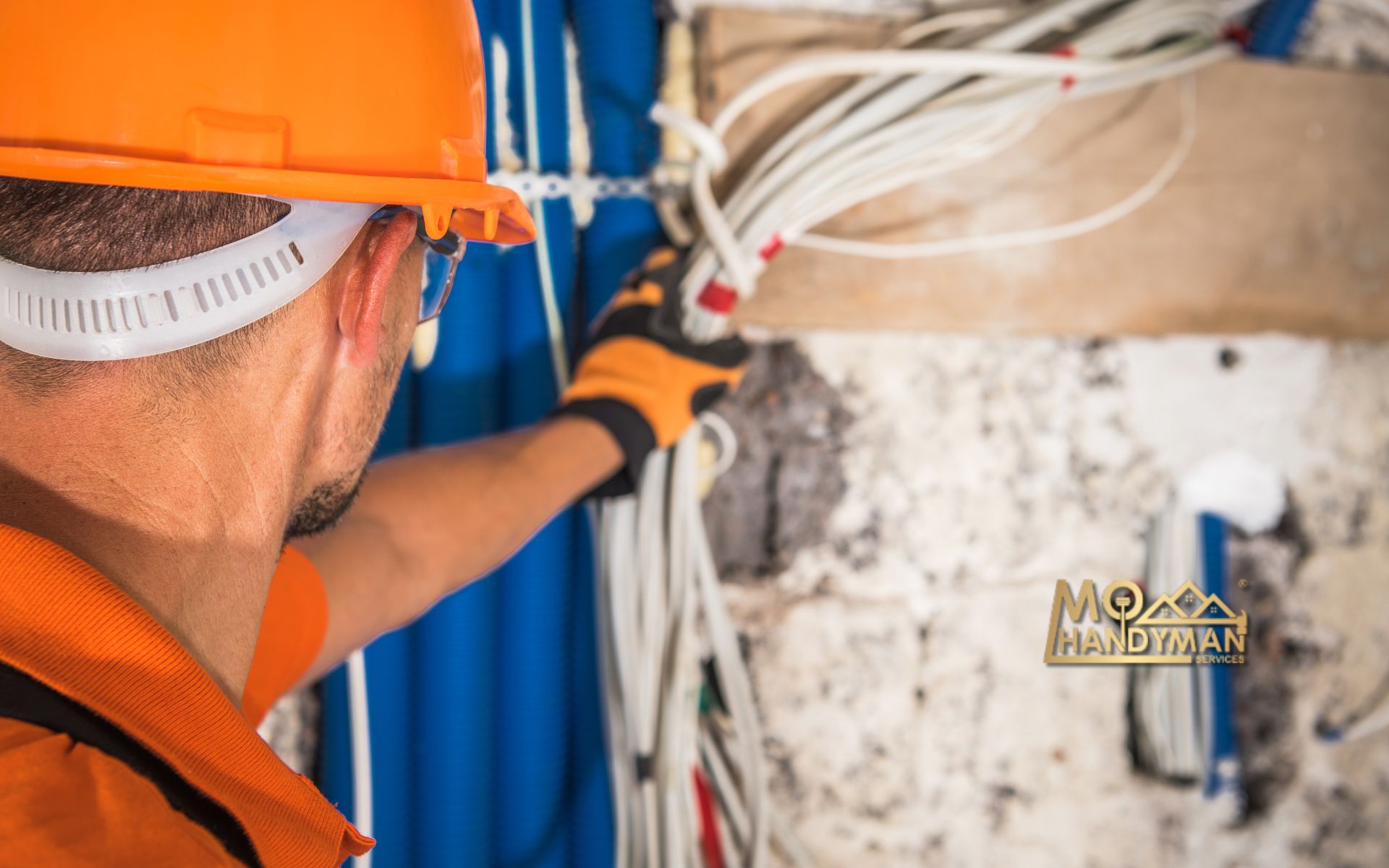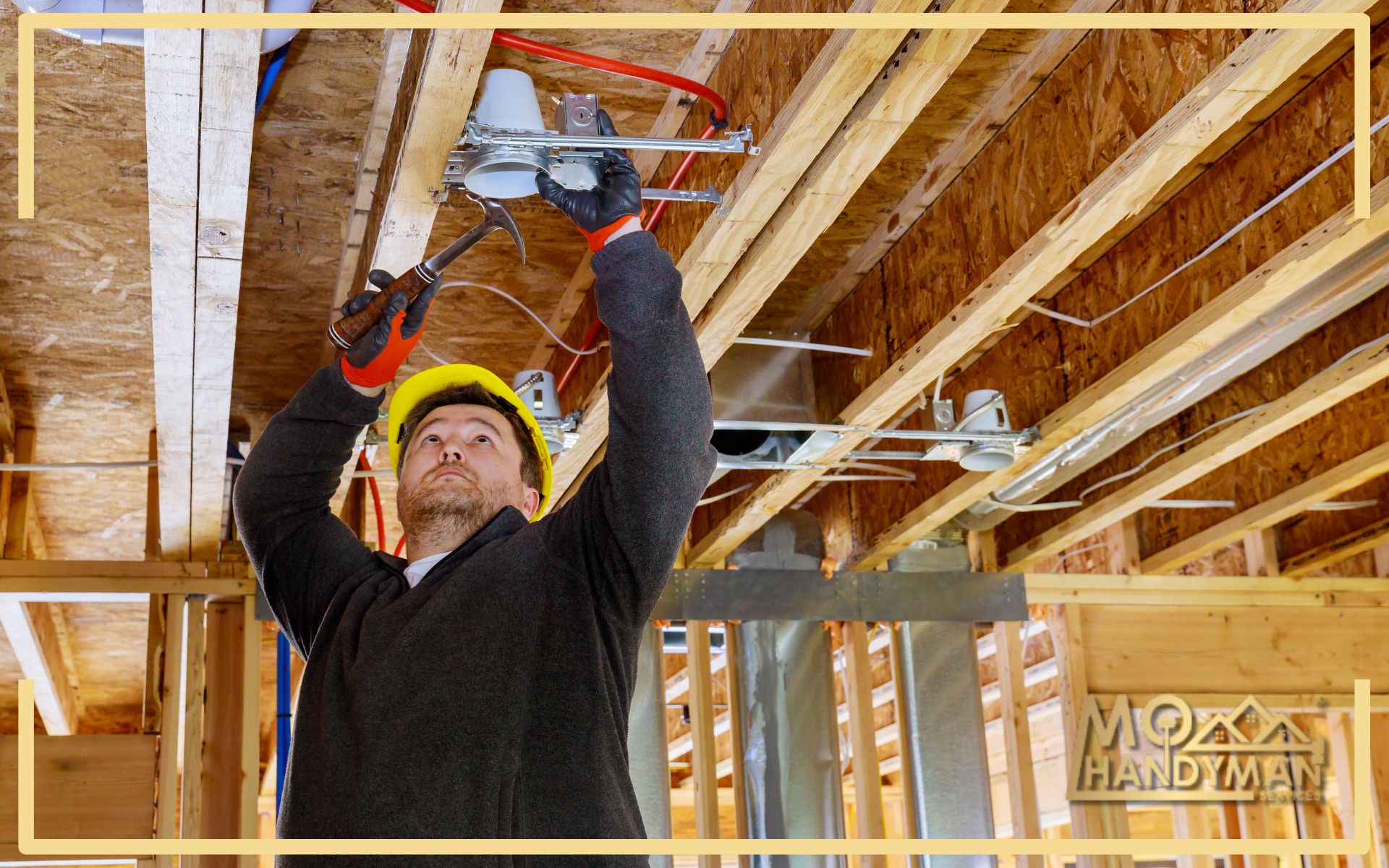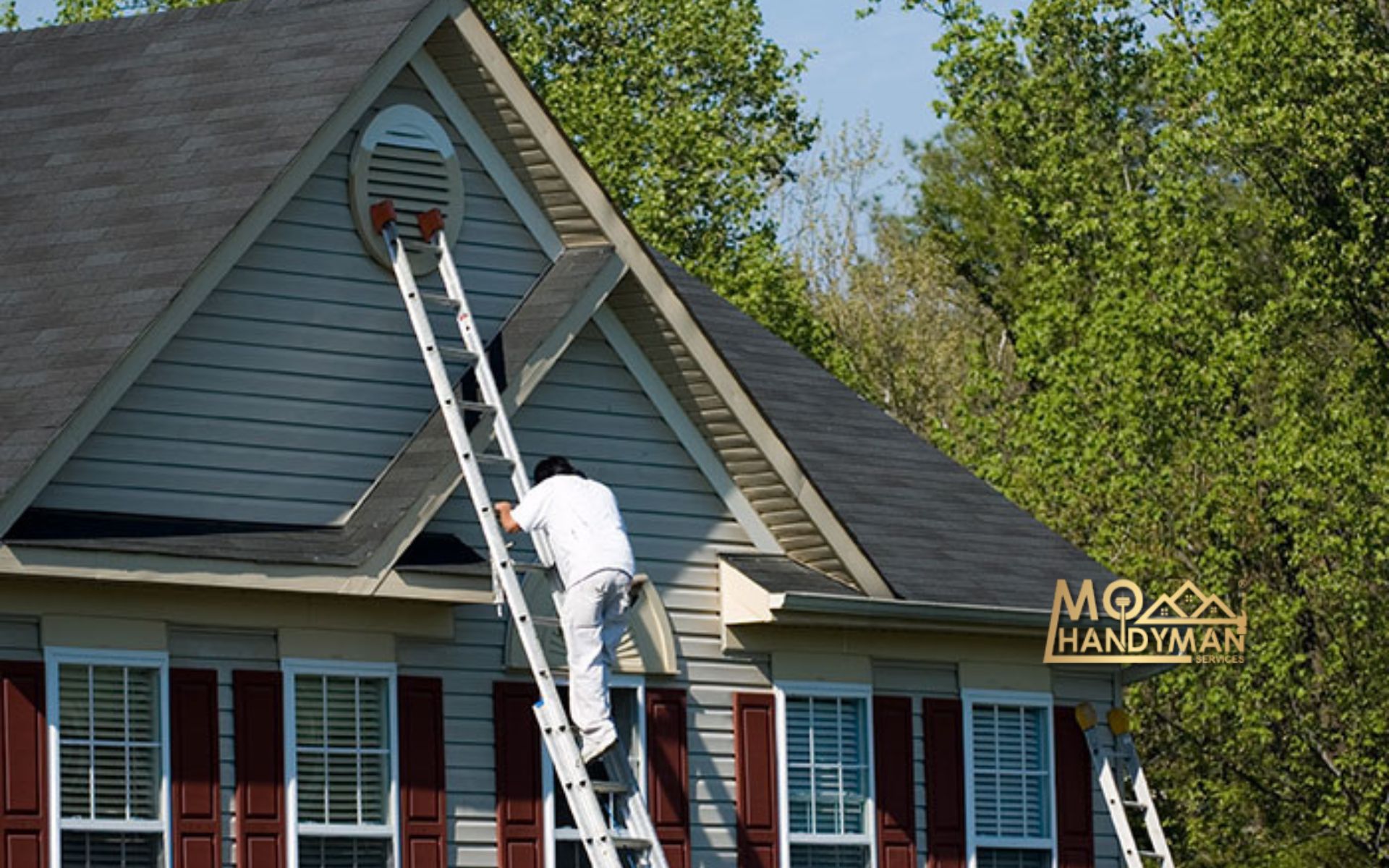Finding the Right Electrical Contractor for Your Home
Choosing the right electrical contractor is key for ensuring your home’s electrical system is both safe and efficient. When embarking on this journey, understanding the roles of electricians versus electrical contractors is vital. Electricians are the skilled professionals who perform the hands-on electrical work. In contrast, electrical contractors manage the projects and the electricians, often handling the design, installation, and maintenance of electrical systems.
Ensuring that your contractor is licensed and insured is non-negotiable. This step guarantees professionalism and safeguards your home against potential risks. For reliable and quality electrical services, exploring established services like those provided by reputable companies can make a significant difference. These companies pride themselves on their expertise, reliability, and customer-centric approach.
Positive reviews and a strong reputation in the community are clear indicators of a contractor’s reliability and quality of work. They signify a contractor’s ability to meet safety standards and work efficiently, ensuring your electrical system functions optimally.
In navigating the selection process, prioritize transparency, communication, and a clear understanding of your project’s scope. A good contractor will offer detailed estimates, explain the work required, and ensure you are informed at every stage of the project.
The right electrical contractor not only enhances your home’s safety and functionality but also adds value by ensuring your electrical systems are up to date and efficient. As we delve deeper into the criteria for choosing the best contractor, remember that this decision is crucial for your home’s overall well-being and your peace of mind.
Evaluating Potential Electrical Contractors
When you’re looking for an electrical contractor, start by checking their credentials. A licensed contractor means they’ve met the necessary training and safety standards. It’s not just about safety; it’s also about the quality of work. Insurance is equally important. It protects you if something goes wrong during the job.
Next, experience matters. Look for contractors who have worked on projects similar to yours. They’ll understand the challenges and how to handle them. Don’t hesitate to ask for references. A reliable contractor will be happy to share the success stories of past clients.
Communication is key. Your contractor should clearly explain the project details and answer any questions you have. This transparency builds trust and ensures you’re on the same page from start to finish.
Also, consider their availability. A good contractor will schedule your project in a timely manner. They understand that your time is valuable and will strive to complete the work efficiently.
Price is a factor, but it shouldn’t be the only one. Extremely low bids might mean low-quality materials or cutting corners. Always request detailed estimates. This helps you understand what you’re paying for.
Remember, choosing the right electrical contractor is crucial for the safety and efficiency of your home’s electrical system. Take your time, do your research, and choose someone who meets all these criteria.
For more tips on home maintenance and choosing the right professionals, visit MOHandyman’s residential services.
Understanding Licensing, Insurance, and Estimates
Firstly, verifying a contractor’s license ensures they meet regional qualifications and standards for electrical work. Importantly, this step protects your project’s integrity and your home’s safety. Moreover, confirming their insurance coverage is crucial. This safeguards against potential damages or accidents during the project’s duration.
Furthermore, discussing past projects gives insight into their experience and expertise. Consequently, this helps gauge whether they’re a good fit for your specific needs. Additionally, open and clear communication throughout the project fosters a positive working relationship. This ensures that your expectations align with their deliverables.
Equally important is evaluating their schedule flexibility. This reflects their commitment to accommodating your timeline and completing the work efficiently. Meanwhile, comparing estimates from different contractors provides a comprehensive view of your project’s potential costs. However, remember that the lowest bid isn’t always the best choice. Quality, reliability, and safety should never be compromised for cost.
Lastly, a detailed estimate prevents unexpected expenses, providing a clear financial plan for your electrical upgrade or repair. Therefore, taking the time to thoroughly vet potential electrical contractors on these fronts ensures a successful outcome for your home improvement project.
Making the Final Decision: Key Considerations
After gathering all necessary information and evaluating potential electrical contractors, making the final decision comes down to several key considerations. Firstly, assess the level of professionalism and communication displayed by the contractor during your interactions. A contractor who is prompt, clear, and respectful in communication is likely to maintain these qualities throughout the project duration.
Secondly, consider the value offered by each contractor’s proposal. This doesn’t just refer to the cost but also to the quality of materials proposed, the warranty provided, and the contractor’s ability to meet your project’s specific needs and timeline. Remember, the cheapest option is not always the best when it comes to electrical work in your home.
Additionally, think about the contractor’s local reputation and references. Feedback from previous clients can provide invaluable insights into the contractor’s reliability, work ethic, and the quality of the finished projects. Positive word-of-mouth in your community or online reviews can be a strong indicator of a contractor worth hiring.
Lastly, trust your instincts. After considering all factual information and personal interactions, which contractor do you feel most confident about? Choosing someone you trust and feel comfortable with is crucial, as this individual or team will be working closely with you on improving your home.
Remember, the right electrical contractor not only brings expertise and reliability to your project but also peace of mind knowing that your electrical system is in good hands. For further guidance on home maintenance and improvement, consider revisiting MOHandyman’s residential services for more information and support.
Maintaining Your Electrical System: After the Work is Done
After choosing the right electrical contractor and completing your home’s electrical project, maintaining your electrical system is crucial. Regular maintenance ensures your system remains safe, efficient, and in good working order. Here are some tips to keep your electrical system in top condition:
- Schedule Regular Inspections: Even if everything seems to be working fine, having your electrical system inspected by a professional every few years can prevent potential problems. This is especially true for older homes or after major renovations.
- Be Aware of Warning Signs: Keep an eye out for signs of electrical problems, such as frequent circuit breaker trips, flickering lights, or outlets that feel warm to the touch. These could indicate underlying issues that need immediate attention.
- Test Safety Devices: Regularly test smoke detectors, carbon monoxide detectors, and ground fault circuit interrupters (GFCIs) to ensure they are working correctly. These devices are essential for preventing accidents and should never be overlooked.
- Keep Your System Updated: As technology advances, so do electrical safety standards. If your home has outdated components, consider upgrading them to meet current codes. This could include replacing old wiring, adding more outlets to prevent overloading, or installing energy-efficient lighting.
- Know When to Call a Professional: While some minor maintenance tasks can be DIY, it’s important to know when to call in a professional. Electrical work can be dangerous, and attempting to fix problems without the proper knowledge can lead to accidents or further damage.
By taking these steps to maintain your electrical system, you can enjoy the benefits of your recent electrical upgrades for years to come. Remember, a little prevention goes a long way in avoiding costly repairs down the line.







